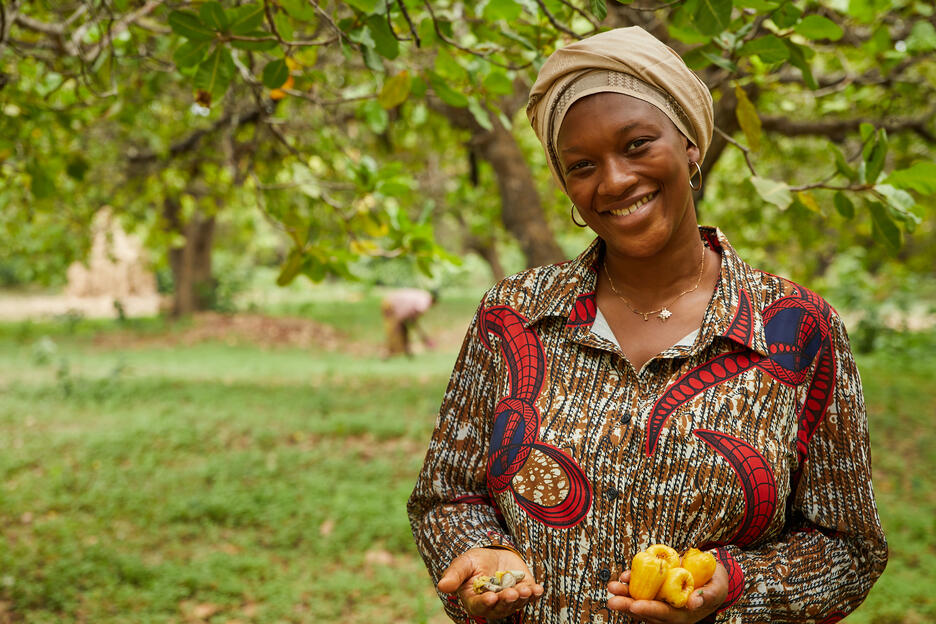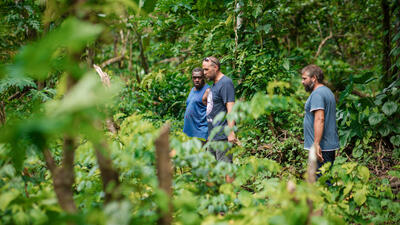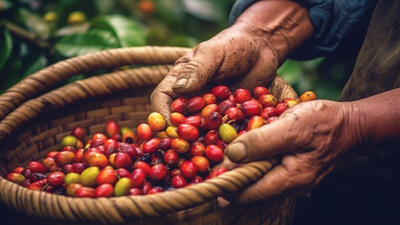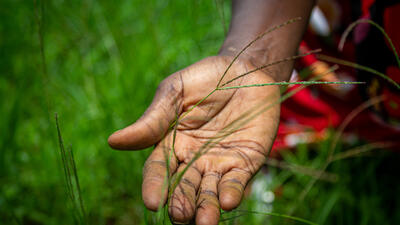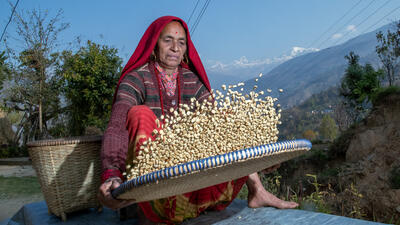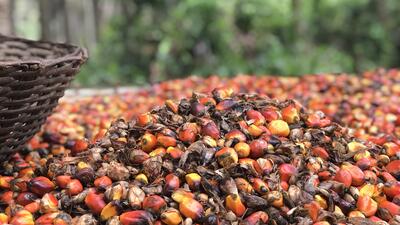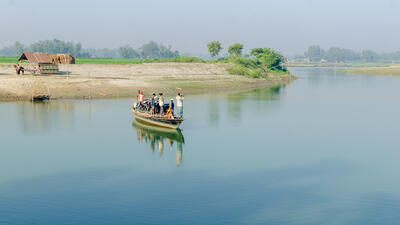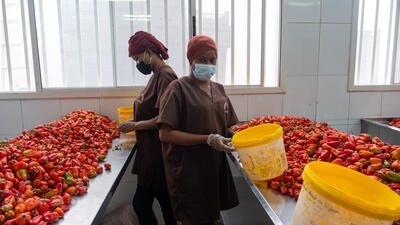
Smallholder farming brings food security
How sustainable agricultural practices in smallholder farming can bring food security and reduce poverty worldwide, especially in developing and least developed countries
Smallholder farming plays a critical role in promoting sustainable agriculture, especially in developing and least developed countries.
Smallholder farmers—operating only 12% of all agricultural land – produce around 35% of the global food supply. A considerable proportion of small-scale farms are concentrated in lower-or upper-middle-income countries, which account for 36% and 47 % of farmlands respectively worldwide. An average of 59% of the population is estimated to work in agriculture in these countries.
With this significant population proportion, smallholder farming could be the key driver for sustainable agriculture, securing food productivity and income stability in developing countries and least developed countries.
Smallholder farmers have the potential to foster more sustainable agriculture in developing countries. Compared to industrial farming, smallholder farming can effectively contribute to crop varieties and higher per capita land productivity.
Additionally, unlike industrial agriculture, smallholder farmers allocate a higher percentage of land for food production and generate less food waste. Also, as they do not overuse synthetic nitrogen fertilizers, they can effectively reduce greenhouse gas emissions.
Given the stable climate conditions, smallholder farmers are less likely to resort to land overuse to maintain sufficient food yielding, which significantly alleviates environmental pressure. They are the engine of a more resilient and sustainable ecosystem, as well as for achieving the UN Sustainable Development Goal (SDG) 13 on climate action and SDG 15 related to life on land.
As regenerative agriculture mitigates the impacts caused by climate change, it will subsequently lead to poverty reduction, stable food yielding and food security, thus supporting SDG 1 (No poverty) and SDG 2 (Zero Hunger) respectively.
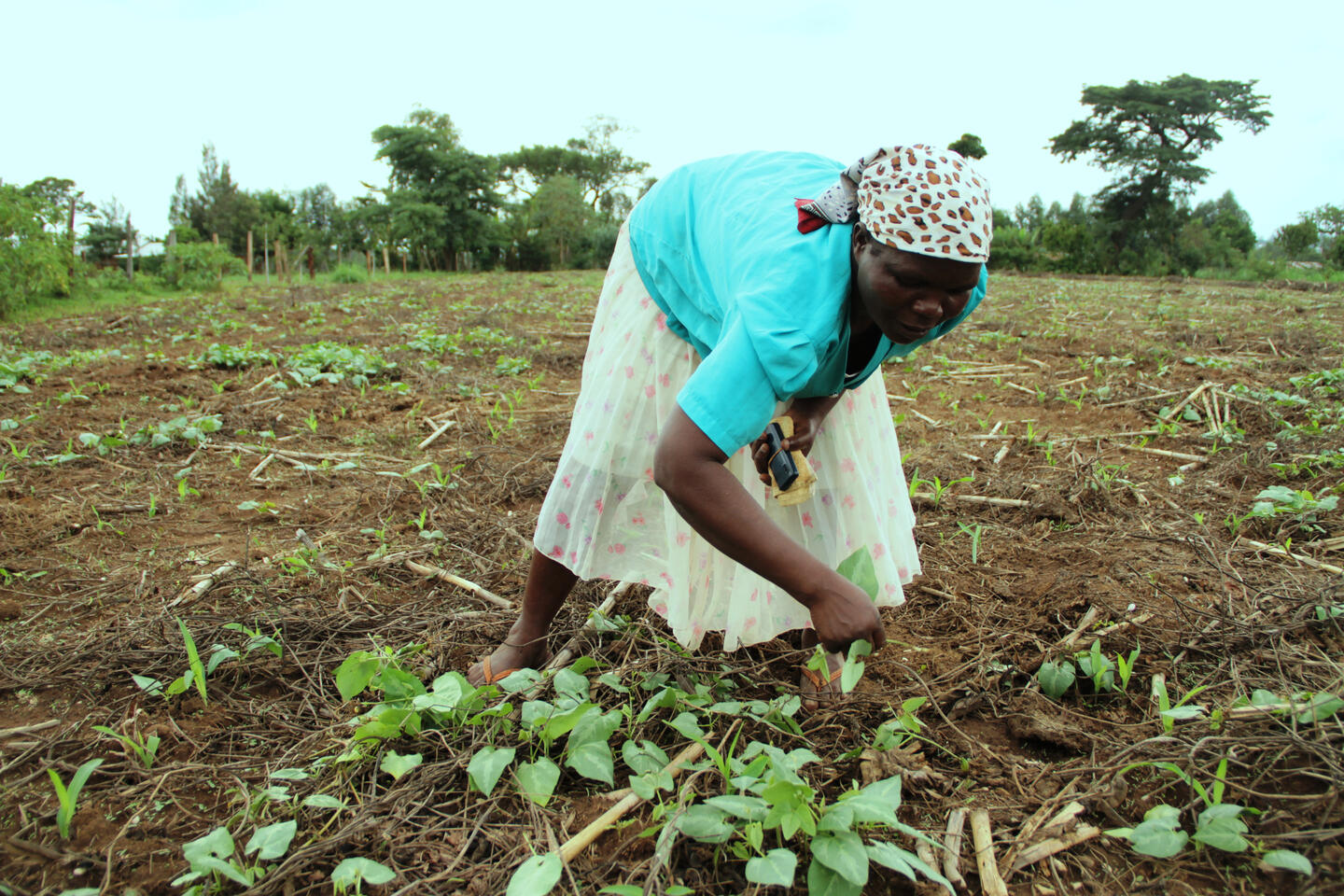
But there are challenges along the way. Smallholders, especially in developing countries, are more vulnerable to extreme weather conditions. They are disproportionately affected by climate change and have limited capacities to adapt to climate shocks and drops in food production.
Having to rely heavily on rain-fed agriculture makes smallholder farmers vulnerable to severe climate volatility. With income instability and food insecurity, farmers are driven to adopt unsustainable agricultural practices, such as overgrazing and deforestation, to seek more arable land.
This, in the long term, will exacerbate land degradation, following with more extreme climate conditions, and make farmers more vulnerable to climate-related disasters. Consequently, more severe climate conditions will aggravate household income volatility and food insecurity.
What’s worse, without a stable income and easily accessible funding, smallholder farmers, especially those in least developed countries, do not have the financial means to invest in climate-resilient agricultural inputs (such as climate-tolerant seeds and organic fertilizers) to escape the vicious circle.
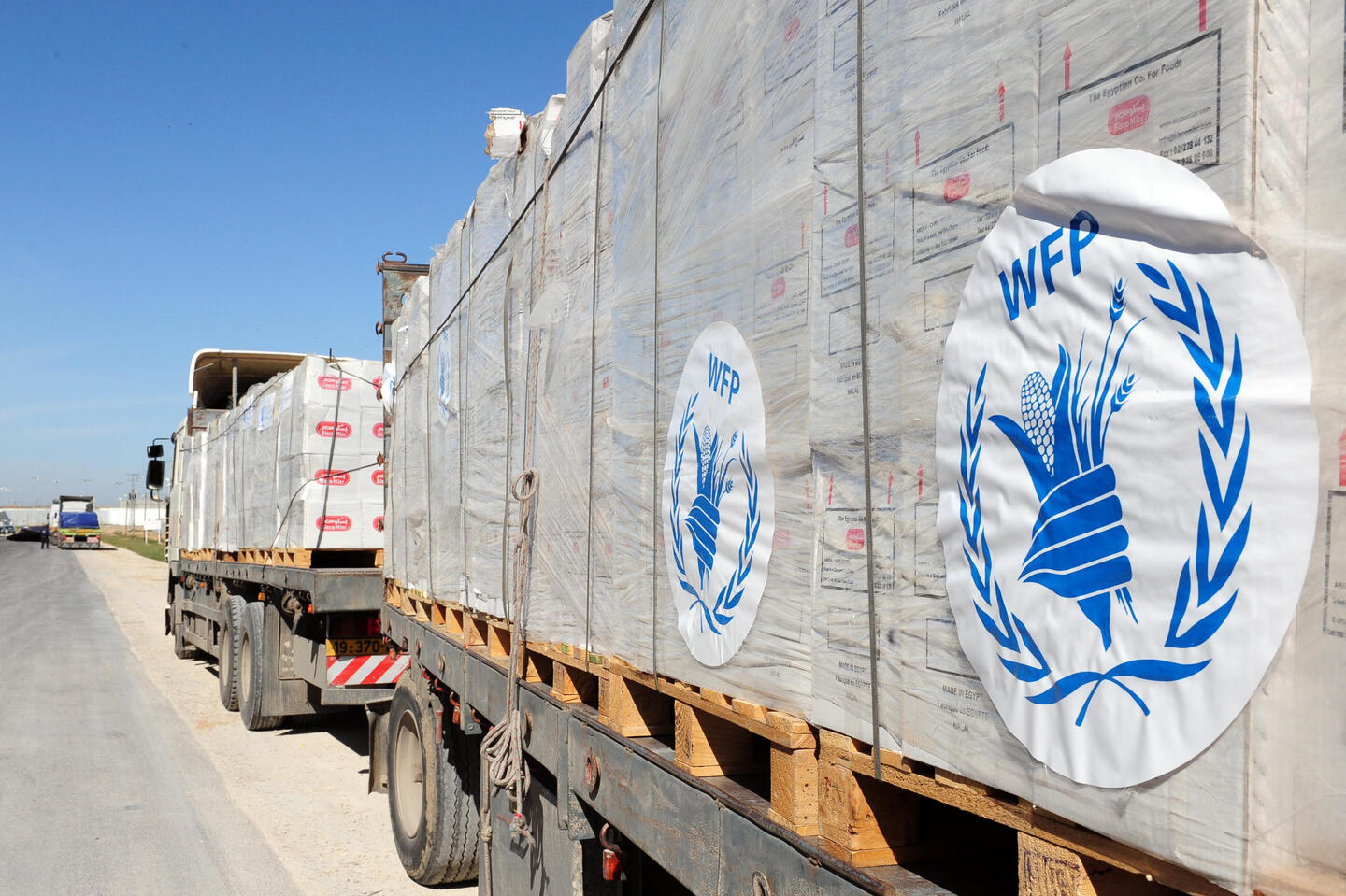
Facing increasing climate volatility, the fundamental solution starts with establishing a sustainable and climate-resilient agriculture system.
Climate funds are essential to encourage smallholder farmers to adopt climate-building technologies in the initial phase, boosting food productivity while alleviating environmental pressure. Also, funding programmes will cushion the climate shock for smallholder farmers and guarantee their basic income and food supply.
At the international level, there are several funding programmes including but not limited to: Disaster Risk Financing provided by the World Bank Group; Adaptation for Smallholder Agriculture Programme established by the UN’s International Fund for Agricultural Development; and the Least-Developed Countries Fund and the Special Climate Change Fund launched by the Global Environmental Facility. These funding programmes work with national public and private sectors to jointly allocate funds to the smallholder farmers in need.
Climate-resilient inputs should be coupled with training. Smallholder farmers need to learn how to operate innovative technologies, adapt to climate change and transit to regenerative agriculture. Apart from the extensive training programmes provided by international organizations or foundations, peer learning also plays a critical role to enhance the willingness of smallholder farmers to adopt higher productive and regenerative practices, especially in the close-knit farming communities in least developed countries.
With sufficient funds and appropriate training, small farmers can access appropriate resources and up-to-date information, which effectively reduces the information asymmetry and strengthens their adaptive capacity.
Indeed, empowering small farmers will lead to triple-wins in terms of environmental sustainability, food security and poverty reduction, making a profound impact on sustainable agriculture.




